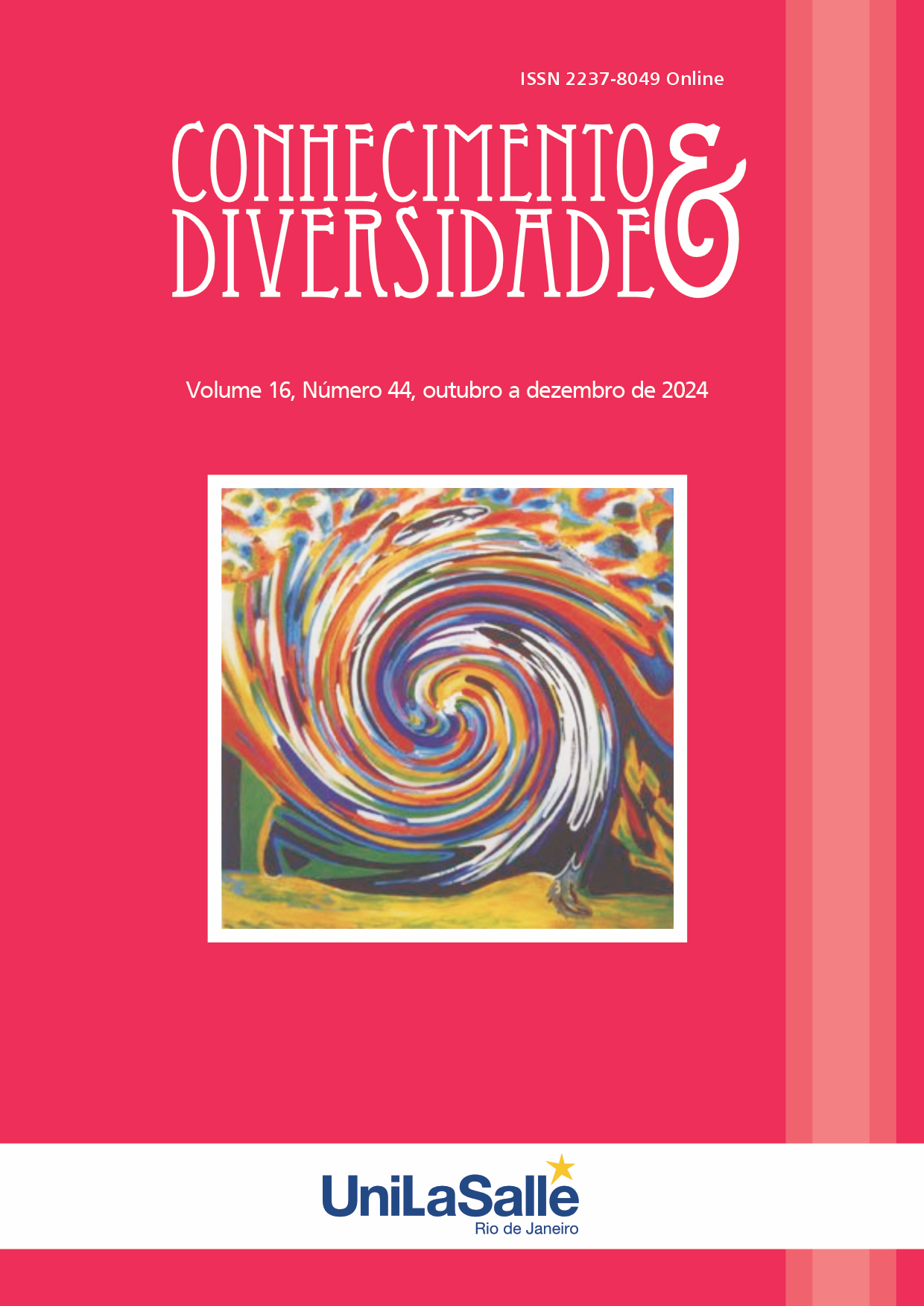REFLECTIVE TEACHING ACTIVITIES IN LEGAL EDUCATION
A CASE STUDY AT THE UNIVERSITY OF LAW, VNU
DOI:
https://doi.org/10.18316/rcd.v16i44.12034Keywords:
legal education, reflective teaching methodology, cognitive ladder, VietnamAbstract
Reflection is recognized as one of the most important ways of cognitive processes. In higher education, reflective teaching methodologies and activities are considered as important among students. Theories on reflection learning and teaching have been well developed from educational perspectives,with its effectiveness being confirmed. However, the implementation of these theories in higher education faces challengesdue to the gap between theory and practical issues. Law courses have their own characteristics in terms of content, legal approaches and practical income elements, which should be carefully considered. In this context, this study investigates the teaching methodologies applied at the University of Law, Vietnam National University. It aims to anwser the research question: which reflectiveteaching methodology should be implemented in law courses and how should it be implemented?
References
Chris Argyris and Donal A. Schon (1992). “Theory in practice: Increasing professional effectiveness”. Journal of Higher Education.
David Denton (2009). “Reflection and Learning: Characteristics, obstacles and implications”. Educational Philosophy and Theory.
Donald Schon (1995). “Educating the reflective legal practitioners”. Clinical Law Review, Vol. 2, pp. 231-255.
Jennifer A. Moon (2004). “A Handbook of reflective and experiential learning, Theory and Practice”. RoutledgeFalmer.
Jenny Muniz (2020). “Culturally responsive teaching; a Reflection guide”. New America.
John Deway (1997). “How we think, Dover Pulbications”. INC, Mineola, New York, 1997.
JuditFullana et. al. (2006). “Reflective learning in higher education: a qualitative study on students’ perceptions”. Studies in Higher Education, Vol. 41, no. 6, 1008, 1022.
Lon L. Fuller (1950). “On Teaching Law”. Stanford Law Review, Vol. 2, no. 1 pp. 35-47.
Mary Ryan and Michael Ryan (2013). “Theorizing a model for teaching and assessing reflective learning in higher education”. Higher Education Research and Development, Vol. 32, no. 2, pp. 244-257.
Mary Ryan (2012). “Conceptualizing and teaching discursive and performative reflection in higher education”. Studies in Continuing Education, Vol. 34, no. 2, pp. 207-223.
Mary Ryan (2019). “The pedagogical balancing act: teaching reflection in higher education”. Teaching in Higher Education, Vol. 18, no. 2, pp. 144-155.
Michele Leering (2014). “Conceptualizing reflective practice for legal professionals”. Journal of Law and Social Policy, vol. 23, pp. 83-108.
Michele M. Leering (2019). “Perils, pitfalls and possibilities: introducing reflective practice effectively in legal education”. The Law Teacher, vol. 53, no. 4, pp. 431-445.
Paul F. Teich (1986). “Research on American Law Teaching: Is there a case against the case system?”. Journal of Legal Education, vol. 36, no. 2, pp. 167-188.
Robert Grossman (2019). “Structures for Facilitating Student Reflection”. College Teaching, Vol.51, no. 1, pp. 13-22.
Robert S. Summers (1984). “Fuller on Legal Education”. Journal of Legal Education, pp. 8-22.
Russell R. Rogers (2001). “Reflection in Higher Education: A concept analysis”. Innovative Higher Education, Vol. 26, no. 1, pp. 37-58.
Thomas S. C. Farrell (2012). “Reflecting on reflective practice: (Re) visiting Dewey and Schön”. TESOL Journal, vol.3, no. 1, pp. 7-16.
Downloads
Published
Issue
Section
License
Copyright (c) 2024 Nguyen Le Thu

This work is licensed under a Creative Commons Attribution 4.0 International License.
As recommended by the Public Knowledge Project, RCD adopts for its articles a CREATIVE COMMONS Attribution CC BY 4.0 license.
This license allows others to distribute, remix, adapt and build upon your work, even commercially, as long as they credit you for the original creation.
This is the most appropriate license offered.
Recommended for maximum dissemination and use of licensed materials.



